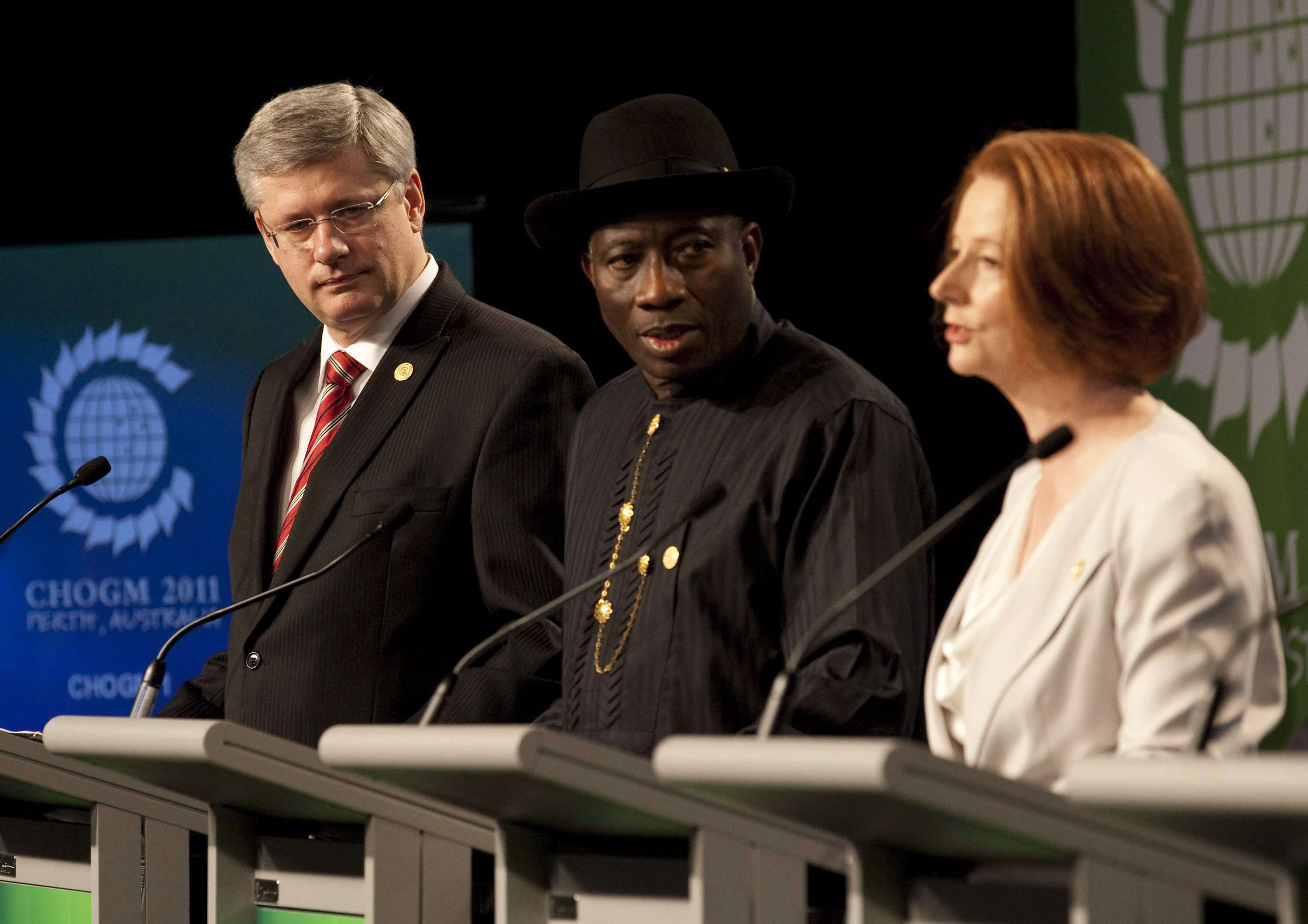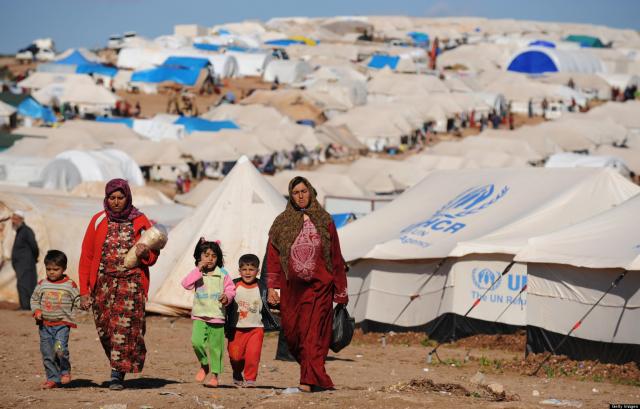To know more about Canada’s role in the Commonwealth: join us at event “Business Opportunities in the Commonwealth.”
As a member of the Commonwealth, an intergovernmental organization of 54 nations, Canada has access to a significant platform for multilateral politics. It was established on April 28, 1949 in the wake of Great Britain’s decolonization. Since then the organization has faced many challenges and consequently it has evolved into an association that celebrates more than the sovereignty of its member nations.
The core principles and values of the Commonwealth are outlined in the Harare declaration. These include, but are not limited to, standards of democracy, good governance within the association and protection of human rights. Under this rubric the Commonwealth is poised to minimize threats to international security and peace inflicted by the failing and fragile states of the 21st century.
While in other international organizations, such as the UN or OPEC, Canada is often dwarfed by world heavyweights such as the US, Russia or China, in the Commonwealth Canada holds significant clout. This enables Canada to give teeth to its international priorities, particularly promotion and strengthening of democratic governance.
When adherence to the Harare principles began to wither in Nigeria in the mid 1990s, marked by the assassination of Ken Saro-Wiwa, an environmental activist and critic of the military regime, Canada used Commonwealth membership to play a more assertive role.
Prior to the 1995 Commonwealth Heads of Government meeting in Auckland, New Zealand, Canada’s Prime Minister Jean Chrétien held close consultations with the Secretary General of the Commonwealth in the interest of establishing a watchdog committee to oversee the Harare Declaration. At the meeting, British Prime Minister John Major enhanced Chrétien’s idea by elevating the proposal from a watchdog committee to a ministerial-level group. Herein lies the origin of the Commonwealth Ministerial Action Group (CMAG).
During its third meeting CMAG had approved a package of sanctions but Nigerian officials managed to convince the Commonwealth members to delay implementation. For Canada however, the consensus reached was insufficient in addressing Nigeria’s democratic regression. In response, Canada broke ranks with its Commonwealth partners and began implementing coercive diplomacy to signal its disapproval.
It is difficult to ascertain the extent of which nations are able to precipitate change in member nations through CMAG or diplomatic sanctions. Though, it is certain that the Commonwealth and the Harare principles provided Canada with the means by which it could monitor standards of democracy and human rights more forcefully.
Today Canada is willing to stand outside the Commonwealth fold. Prime Minister Stephen Harper left the 2011 CHOGM meeting in Perth, Australia criticizing that the pace set towards meaningful democracy, the rule of law and human rights by some members of the Commonwealth will not satisfy agreed-upon Commonwealth expectation and standards.
In fact, Harper threatened to boycott the CHOGM meeting scheduled for November 2013 in Sri Lanka in protest of the nation’s human rights record and refusal to reconcile with its Tamil minority. A final decision on the matter has not yet been released. While other Commonwealth countries have not moved to threaten a boycott, initiatives from significant international organizations alleviate Canada’s isolation.
To put it in simple words, the Commonwealth provides Canada with diplomatic opportunities. It is an international forum in which Canada can explicitly pursue and deepen its international commitment to democracy, trade and development. A weakened or irrelevant Commonwealth therefore, risks reducing Canada’s voice in international affairs to a mere murmur.




